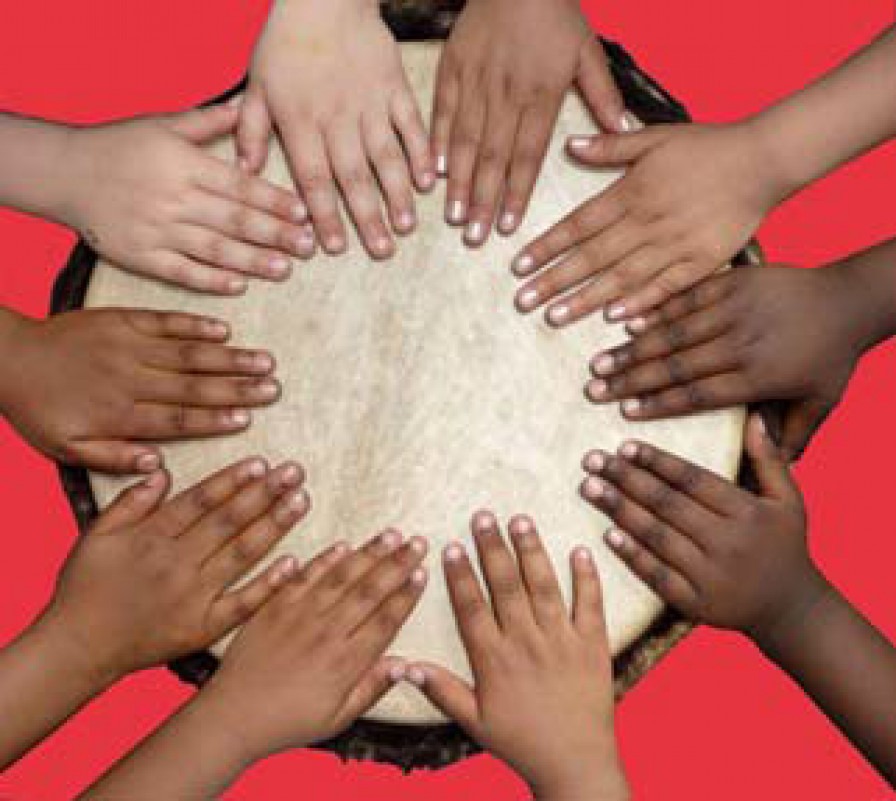The Ethnic Contemporary Classical Orchestra: Techniques for co-learning

ECCO is a project by Musiko Musika, aimed at creating inclusive and culturally diverse music ensembles. This blog post looks in-depth at techniques for co-learning.
The Orchestra
Collective ethos is encouraged by the nature of an orchestral project. The orchestra, although a body that makes sense only as a total unit, is nevertheless made up of smaller groups (through instrumental definition) and individual players. But the orchestra functions as a whole, thus the first effect is the collective rationale. This is then reinforced by the instrumental groups.
Within the orchestral structure is safety in numbers – players (and particularly those who are not so able) can feel comfortable within the massed orchestral sound. The blending of their individual sound within the overall body fosters confidence, dispels the natural reticence of small children to play in public and thereby promotes enthusiasm through achievement. Through achievement the individual expertise of players improves and the entire orchestra benefits (better co-ordination, intonation and ensemble): a circular process of improvement.
It is characteristic of the ECCO project that it promotes a fundamental learning method not traditionally used in western classical models, that of building-up and reworking repertoire for different purposes. This is much closer to the way in which professional folk groups learn and operate. Our assessment is that it is of clear benefit to the children involved, promoting both expertise and confidence. Traditional instrumental pedagogy (western classical) is more focused on learning new repertoire and moving on, which means constant starting again from scratch as new repertory is acquired. This is the process of intense solo classical performance, and it is usually professional.
Watch this video illustrating co-learning and collective ethos:
Co-learning
Projects such as Kent Music’s Orchestra ONE and the English Folk Dance and Song Society’s Get Your Folk On! employ creative workshops in which players are involved in the development and creation of musical material as well as in rehearsal and performance. These provide natural opportunities for co-learning, as well as enabling ensemble players to develop a wider range of musicianship skills, which feed back into the other repertoire that an orchestral group might be working with. They are also a lot of fun for the young players, who enjoy the relaxation of boundaries. Youth orchestras including the National Youth Orchestra have also undertaken similar projects.
From the development of the ECCO model we can see the benefits when these techniques are not used as an additional activity, but are fully integrated into the musical learning and rehearsal process of a youth ensemble. Therefore the key question that we see from this work is, how can an orchestra create opportunities for a more creative and interactive experience that will improve listening, ensemble playing and core musicianship, whilst retaining the cultural integrity of the ensemble?
As well as embedding skills – through regularity of practise and specifically designed repertory set at an appropriate level – ECCO also supports the peer-learning model with the acquisition of musicianship skills, which can be passed on. Children are empowered to work in groups and develop their own arrangements. By being asked questions and being enabled to hold discussions the children have acquired fluency in talking about technical aspects of the project work, leading to greater effectiveness in co-learning.
